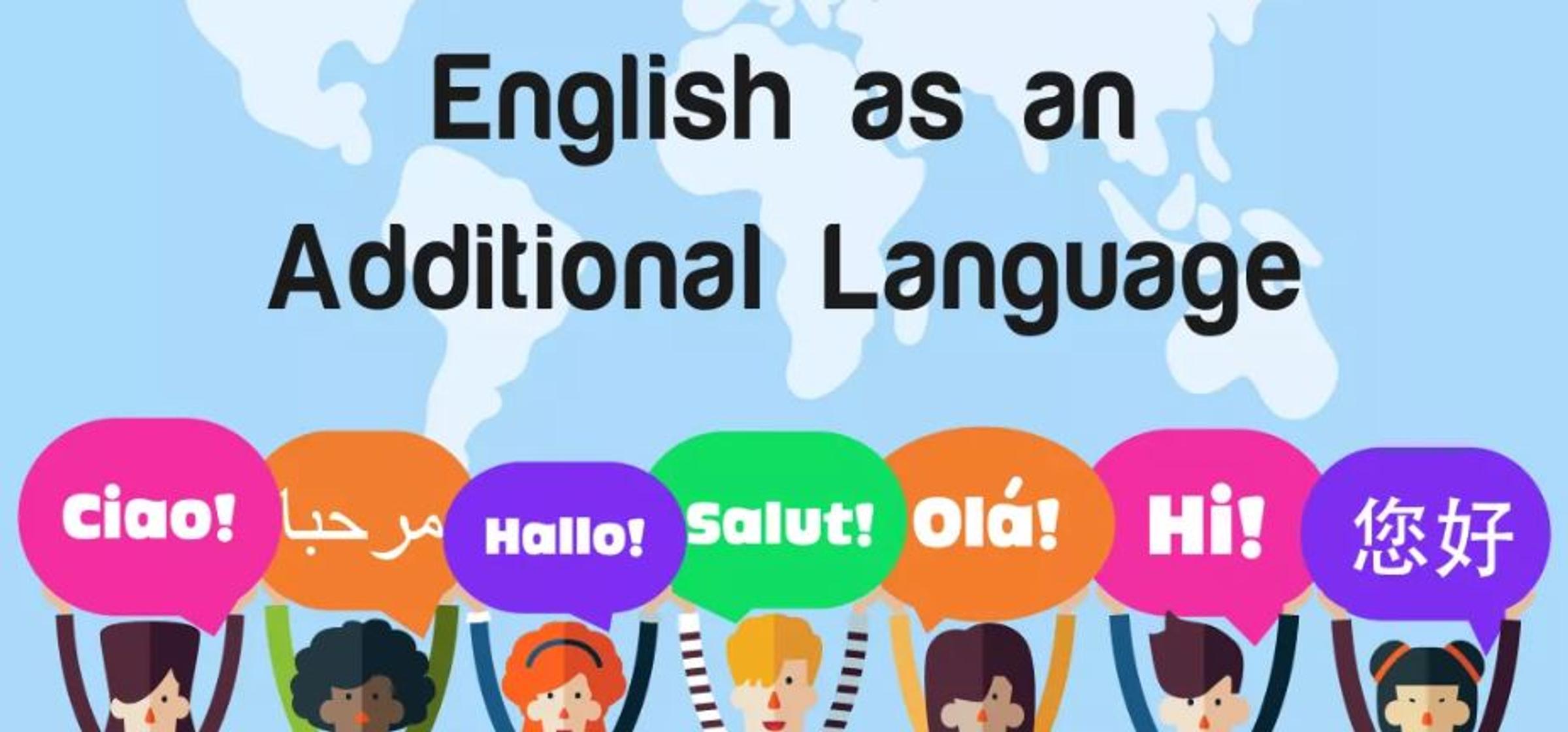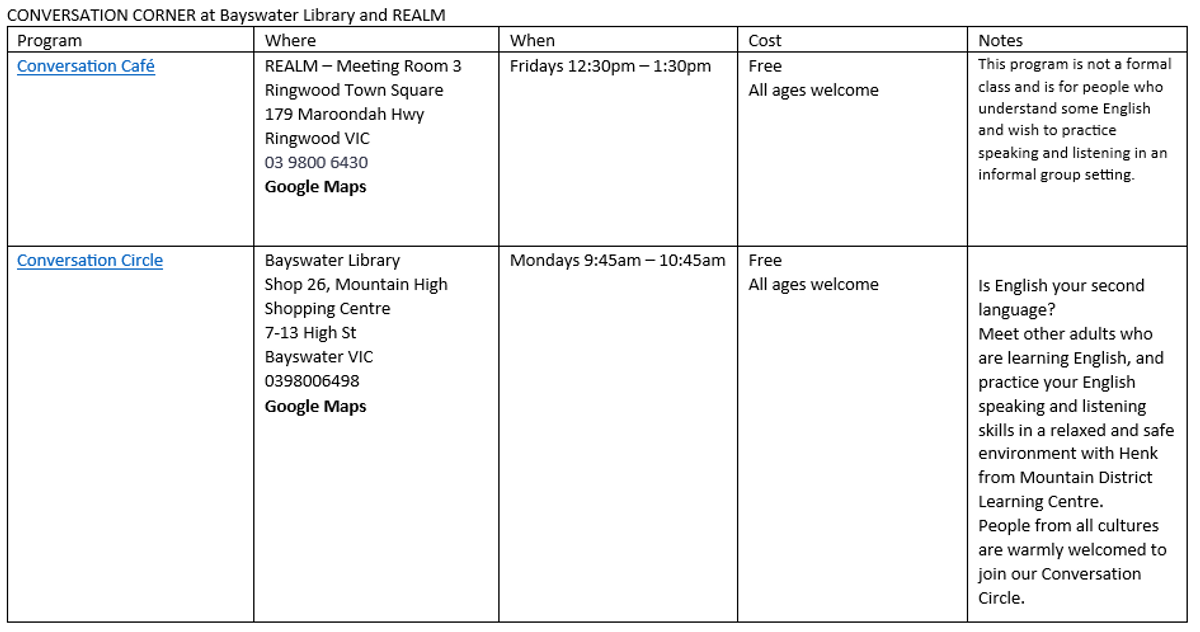EAL

Speaking in your home language
It is very important for children learning English as an Additional Language (EAL) to continue to use their first language at home.
- First languages help families share values, traditions and cultural identities. If children can speak and write in their first language, they can make new friends in their community and keep in touch with family and friends in their own country or region.
- Children who can speak another language can also learn English better because they see when words are similar (or have a similar meaning). They can also use what they know about grammar and pronunciation in their first language to help them with English grammar and pronunciation. This is also the same for learning other languages.
- Speaking more than one language improves thinking skills, memory and brain health
- Employers value people who are good at languages so there will be more job opportunities
Ways to help your child maintain their first language
- Sing songs, tell stories and share books in your first language
- Tell jokes, learn rhymes and have fun with language
- Watch television programmes or DVDs and talk about what happened
- Talk together at meal times. Use your first language.
- Stay in contact with family and friends by talking together on Skype or writing messages on WhatsApp, Facebook, etc.
- Buy or borrow dual (2) language books from the library for your child to read
- Attend supplementary language classes and social events in the community
What if my child refuses to speak our first language?
It is normal for children to prefer one language over another at different times especially outside of the home. Schools respect and value your first language and it is important for children to feel proud of their language and culture. Explain the importance of being bilingual to your child and keep speaking to them in the language you are most confident in.

